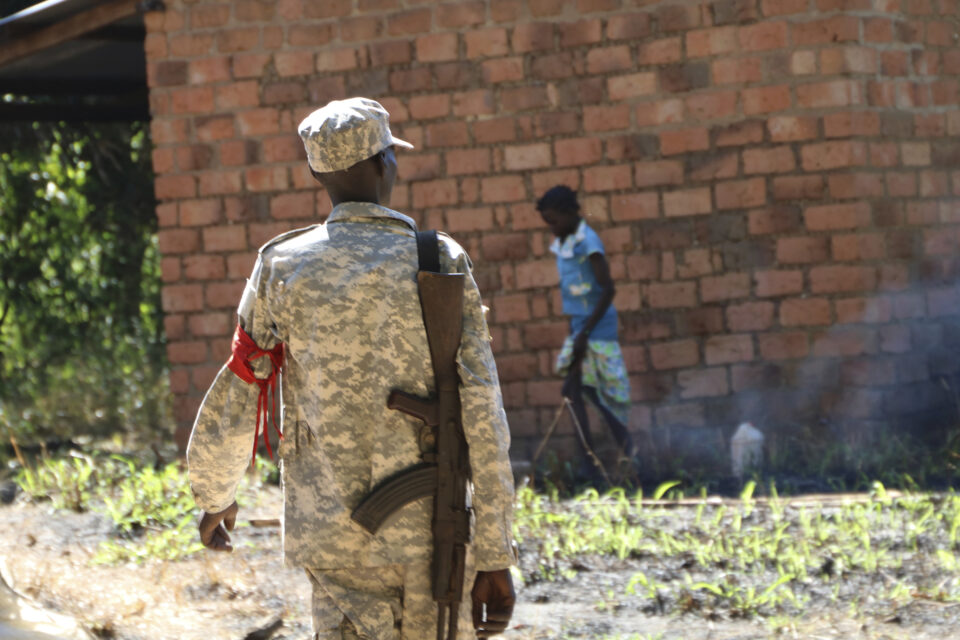JUBA — South Sudan’s controversial security bill, permitting arrests without warrants, has
quietly become law without the formal approval of President Salva Kiir, according to a
statement from parliament on Thursday.
Parliamentary spokesperson Oliver Mori confirmed to The Associated Press that the
legislation automatically became law under constitutional provisions after President Kiir
neither signed nor vetoed the bill within 30 days of its submission on July 12.
The legislation, which has faced significant opposition from human rights groups and
foreign governments, raises concerns about the potential for increased repression in the
lead-up to South Sudan’s first national elections scheduled for December 22.
These elections are a critical milestone under the transitional government established by
the 2018 peace agreement, which ended a brutal five-year civil war that claimed nearly
400,000 lives.
Diplomatic representatives from nine Western nations, including the United States and the
United Kingdom, issued a statement in July emphasizing the importance of safeguarding
the rights of South Sudanese citizens to freely engage in political discourse without fear of
arbitrary detention.
Yasmin Sooka, chair of the U.N. Commission on Human Rights in South Sudan,
condemned the legislation on Thursday, warning that it could pave the way for an
escalation in arbitrary detentions and enforced disappearances.
“We urge the president and parliament to urgently reconsider this law in accordance with
democratic principles to ensure the credibility and legitimacy of the nation’s governance,”
Sooka said.
The new law has also sparked tensions in ongoing discussions between the government
and opposition factions that were not signatories to the 2018 peace deal.
Critics argue that the bill undermines South Sudan’s commitment to international norms
and jeopardizes the fragile peace process.
Ter Manyang Gatwech, executive director of the Center for Peace and Advocacy, a local
human rights organization, vowed to challenge the legislation in court.
“This law poses a direct threat to the safety of every citizen in South Sudan,” Gatwech told
AP news agency.
Last month, U.S. State Department spokesperson Mathew Miller urged South Sudan’s
transitional government to prioritize the creation of an environment conducive to free and
open expression, emphasizing the need for public participation without fear of reprisal.
As South Sudan prepares for its historic elections, the passage of this bill without
presidential assent raises serious questions about the future of democracy and human
rights in the world’s youngest nation.
Email us at: info@alleastafrica.com



